National Day reflections on the Singapore Muslim community – Towards greater inclusivity, compassion and progress
Over the past 56 years since our nation's independence, the Muslim community has demonstrated resilience and a strong commitment towards progress and development in our socio-religious life.
Even as we face unprecedented and complex challenges, we have been able to work together in discussing solutions and implementing them collectively. Guided by our religious values, we have focused on the larger and common good for our society.
This is the spirit that Prophet Muhammad s.a.w. embodied in his entire life. The Prophet s.a.w. negotiated with different communities and groups, some of which were even hostile, with the aim of building consensus and cohesion.
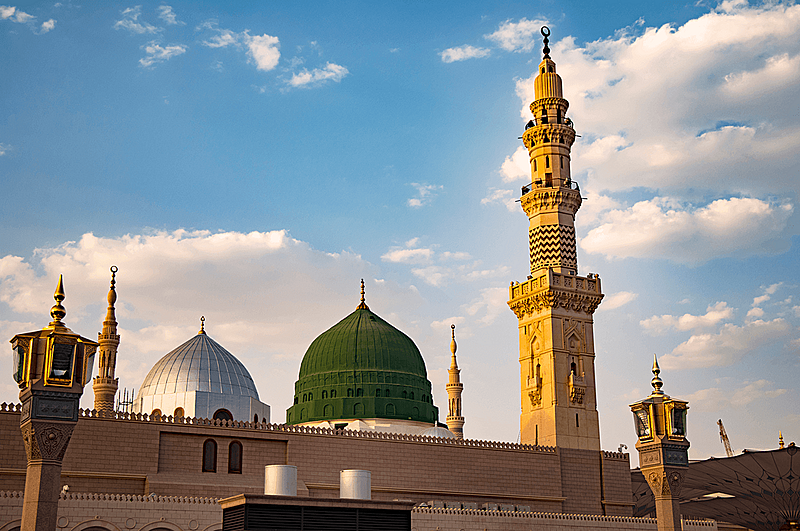
He prioritised peace and safety above all else. In recognising different needs, interests and outlooks, he was always guided by the spirit of moderation, compassion and inclusivity.
Whilst the Prophet s.a.w. would never compromise on the principles of the religion and God's commands in the Quran, he conveyed these in a careful and gradual way and paid attention at all times to how people were impacted by the laws and teachings of the religion.
Read: 4 Lessons of love and mercy from Prophet Muhammad
As we reflect on the progress of our community over the last few decades, we note with pride the higher levels of education and greater accomplishments in various fields today. We also celebrate the proud achievements of our Muslim women, who have immensely contributed to developing our community and society.
Place of women in society
Inevitably, as our community progresses further, there will be diverse and divergent aspirations, hopes and expectations, including on matters of religion. We observe this in the recent debates on gender equality, the place of women in society, and reforms in Muslim family law.
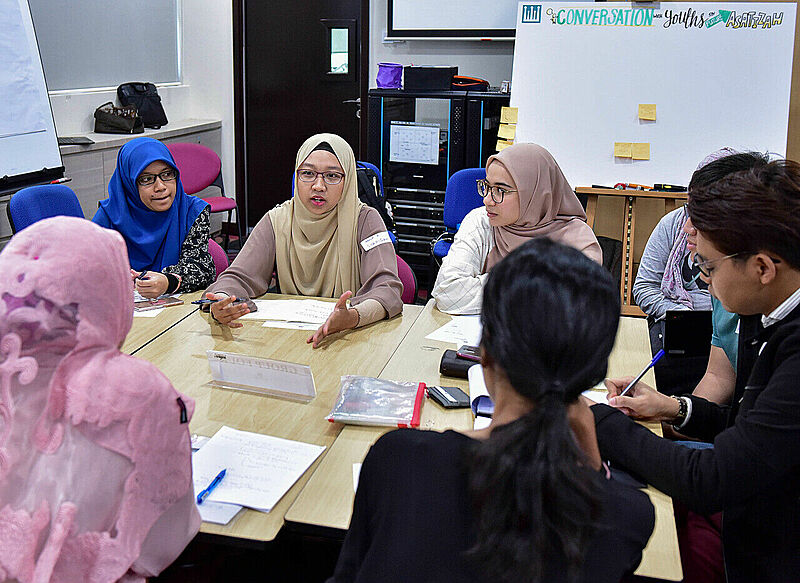
More specifically, there have been public discussions on the wearing of tudung for work, laws on polygamy and female circumcision.
Many of these discussions and demands are not completely new.
Several years ago, I stood in front of the United Nations Convention on the Elimination of All Forms of Discrimination against Women (Cedaw) committee in Geneva, together with other Singapore representatives, to defend our Muslim family laws seen as discriminatory towards women.
Some may view such platforms as the interference of Western ideologies and norms on our religion, but we note that many Muslim-majority countries are also signatories to Cedaw and continue to review their laws for their own ends.
The Singapore religious authority takes a unique approach. We recognise there are possible areas for review which are afforded, in the first place, by the Islamic tradition itself, and precipitated by significant changes in society.
But change should never happen for its own sake, and especially not without a robust deliberation by, and consultation with, the community and its religious fraternity.
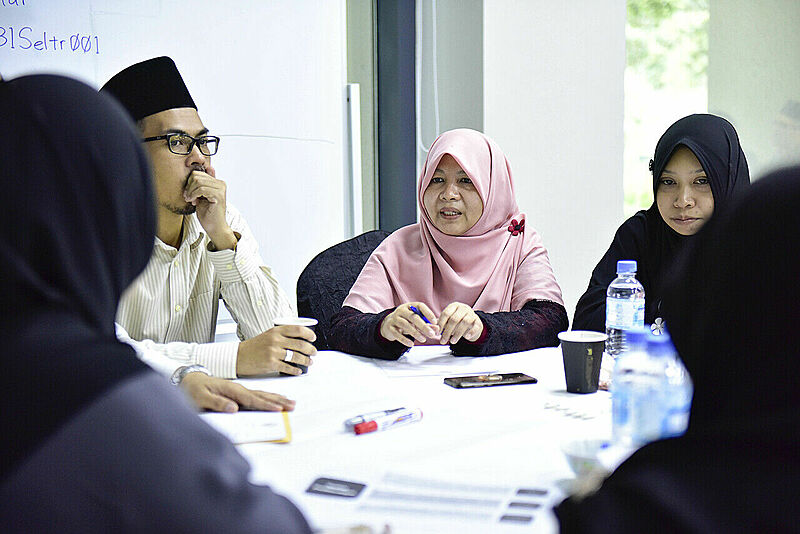
It is neither right nor wise to simply shake off our traditions because they are considered "archaic" or suited for a different society. Much of our religious identity today has been shaped or influenced, directly or otherwise, by these traditions themselves.
Evolving and diverse
But traditions, too, evolve over time, and for so many reasons, including changed social conditions and norms. The idea that our traditions are fixed, static or uniform is incorrect. Instead, they are evolving, diverse and, at times, contested.
The differences and divergences had been historically turbulent, and some were even violent. When one party or segment sought to impose its view on others, society became fractured, trust weakened and progress quickly turned to backwardness. We must learn from history, and adopt the best approach moving forward.
It may be difficult for some to accept a viewpoint or position they disagree with, whatever the basis for the view. But in a more open and inclusive society, we have to accept differences, especially when there are multiple and varied positions within our tradition on certain issues.
Ikhtilaf (difference of opinions) is a primary feature of our Muslim tradition too, and serves as a great blessing. In fact, it is this diversity that allows us some flexibility in dealing with difficult issues and when adjustments need to be made.
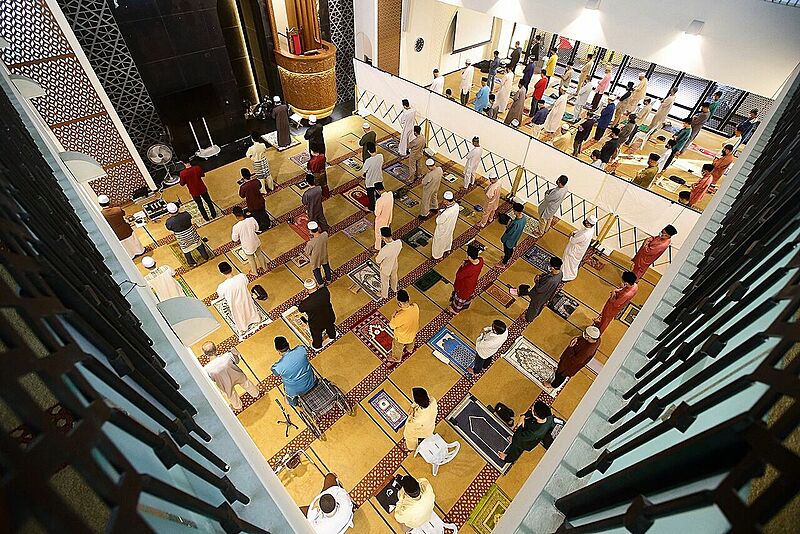
We need to adopt this approach and spirit in dealing with issues relating to Muslim women in Singapore too. We must create a safe space for them to express their experiences, aspirations and challenges, to hear their voices carefully and recognise the diversity within these voices, and not to silence them because we disagree with what is expressed.
I believe we can find a way to move forward in a respectful and organic manner, while staying true to the spirit and objectives of our faith.
Review of tudung policy
An important example of how we have progressed as a society is the willingness to review the longstanding policy of not allowing nurses who wish to put on the tudung at work, as Prime Minister Lee Hsien Loong indicated earlier in the year.
Even as the global situation reflects a worrying trend in race and religious relations, we are blessed with harmony and trust between communities in Singapore that have allowed for this new development to take place. We cherish this trust and must continue to strengthen it.
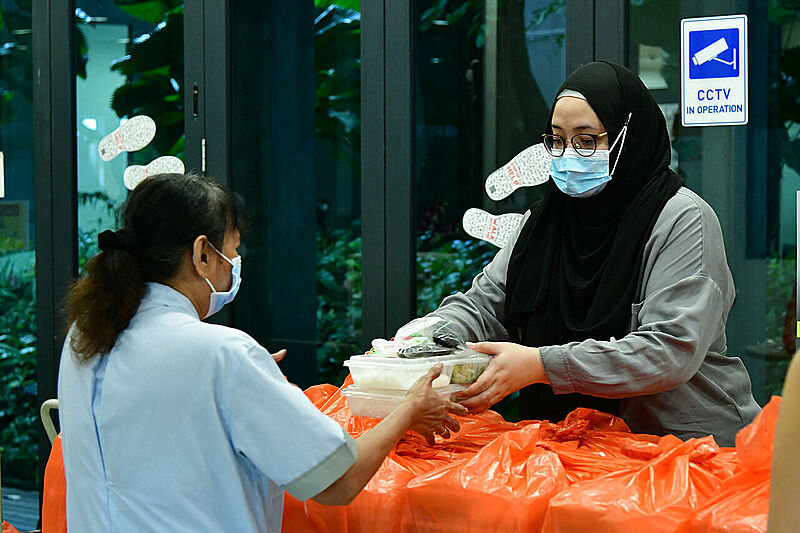
However, there may be other exceptions that will continue to exist, and situations where we may be unable to completely fulfil some religious practices.
In those circumstances, do we draw conclusions that we live in an environment hostile to Muslims that must be challenged? Do we blame Muslim women or others for choosing jobs or placing themselves in situations where their faith cannot be fully practised?
Read: What Is the role of a woman in Islam?
We know that our workforce is an integral part of Singapore's progress and stability, and we must continue to support capable Muslim women who wish to contribute to these sectors, and not belittle, demean or ostracise them with bigoted and parochial views.
Whilst we may convey our feedback (nasihah) in constructive ways, we must not lose sight of the forest for the trees. Our diverse social context and the preservation of harmony and trust between communities will always be paramount, especially for a closely-knit and urban society like ours. Even as we have our own views and preferences, we must refrain from imposing them on others.
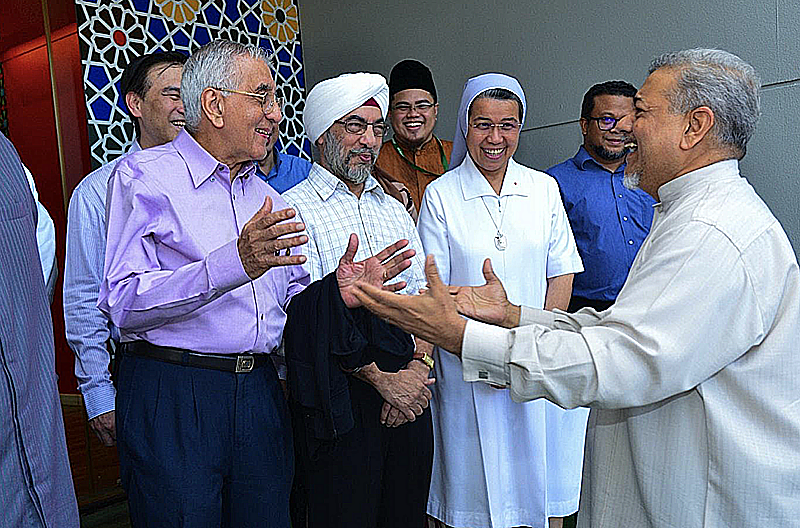
Where public policies are concerned, we will continue to work with the Government and public agencies to continue to support the needs of our Muslim community. The fatwa institution will also provide guidance where relevant.
Later this year, the Islamic Religious Council of Singapore (MUIS) will continue conversations related to its Muslim Communities of Success initiative. Started a few months ago, the initiative looks to articulate a positive and forward-looking vision of Islam that is compatible with today's world.
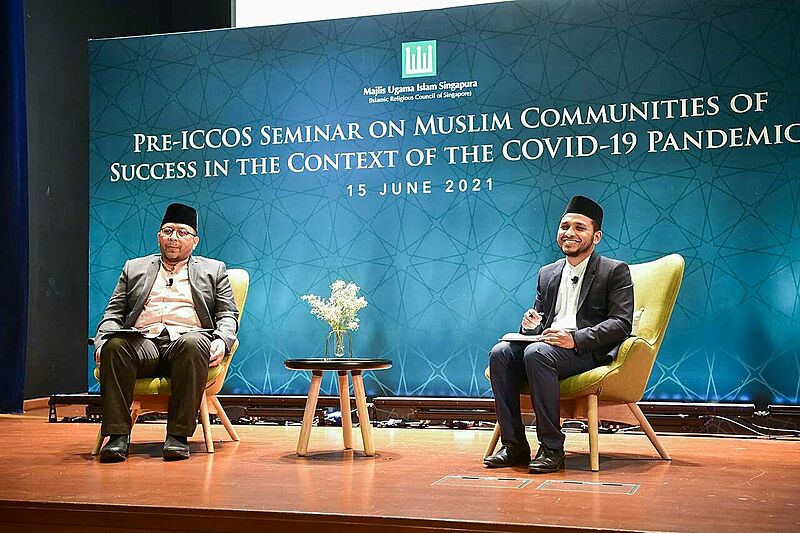
This has always been the Singaporean way, to discuss and consider solutions in a rational and calm manner. In negotiating complex issues, it is not, and should not be, a zero-sum game, where only one side wins or prevails at the expense of others.
Let us grow together as one Singaporean society, where we are able to deepen respect, care and love between us, regardless of race or religion. Just as the Prophet s.a.w. and the early generations of Muslims had exemplified a faith that is full of rahmah (compassion) and brings blessings to all, it is now our turn to do so.
Read: Preserving the sanctity of the sharia

